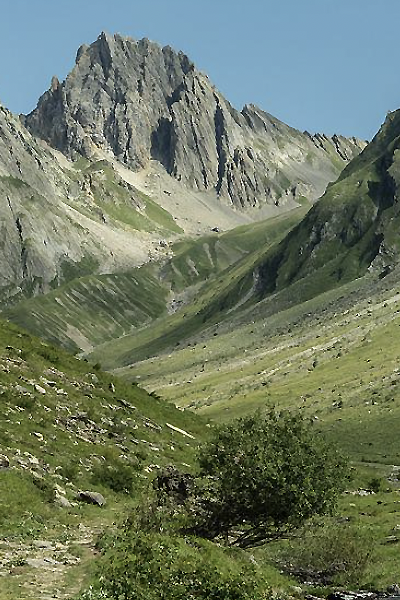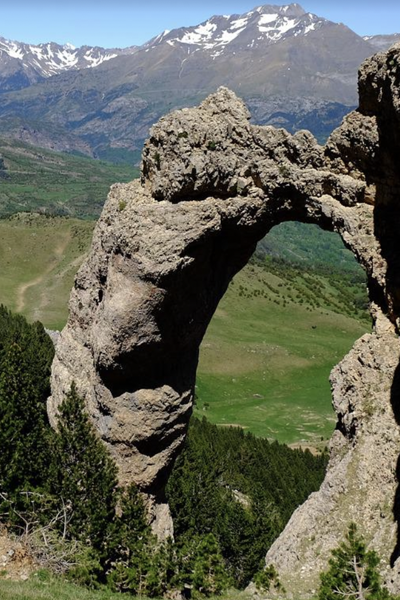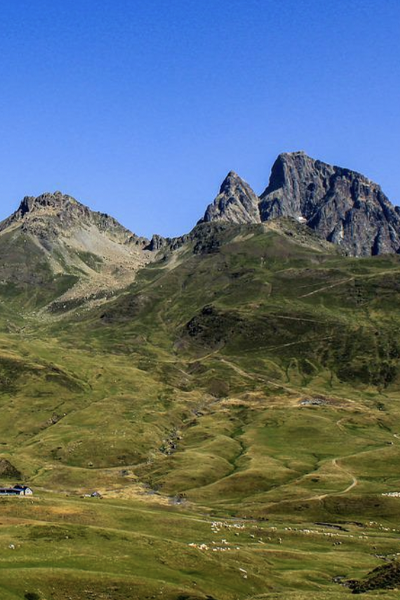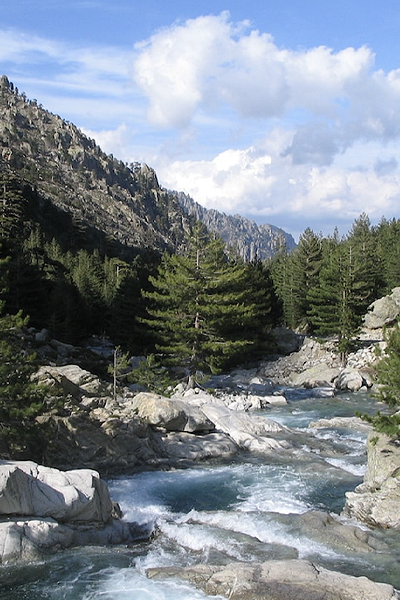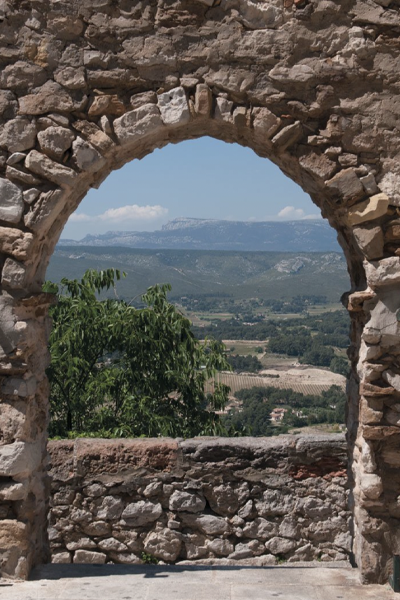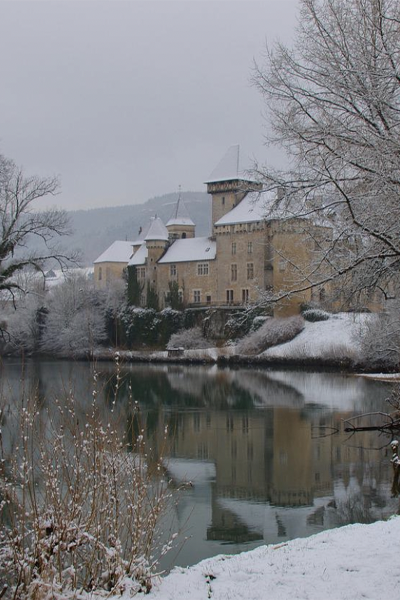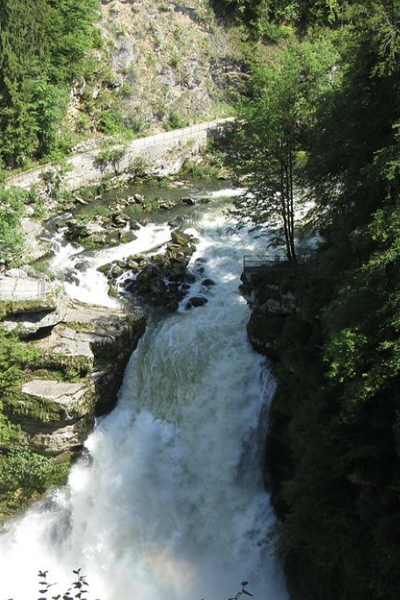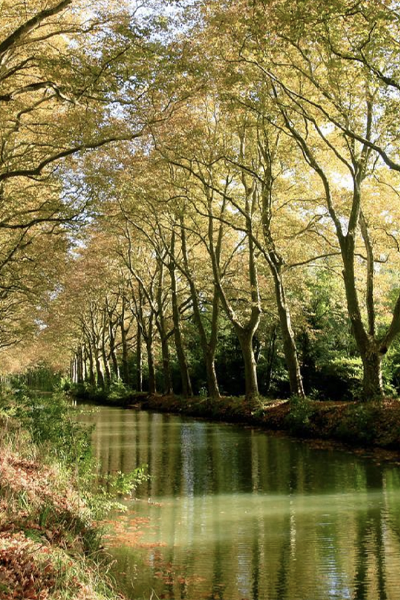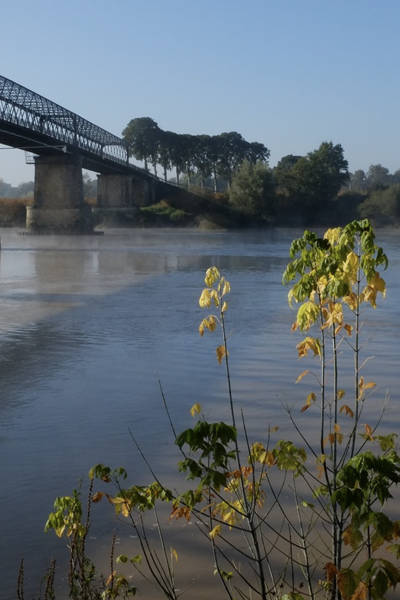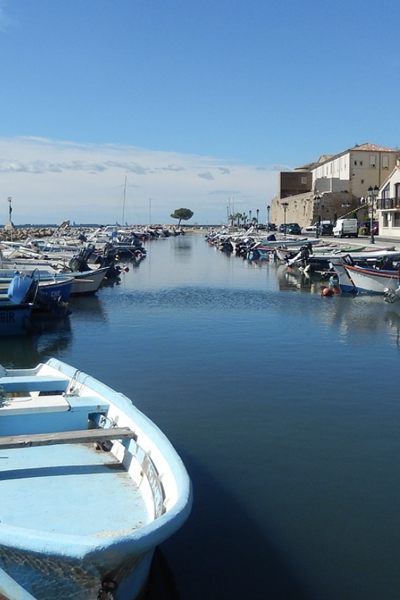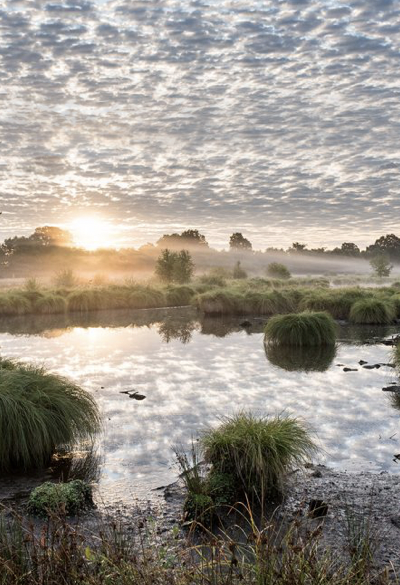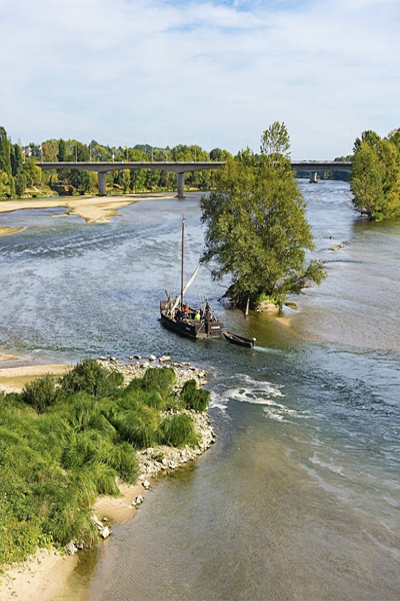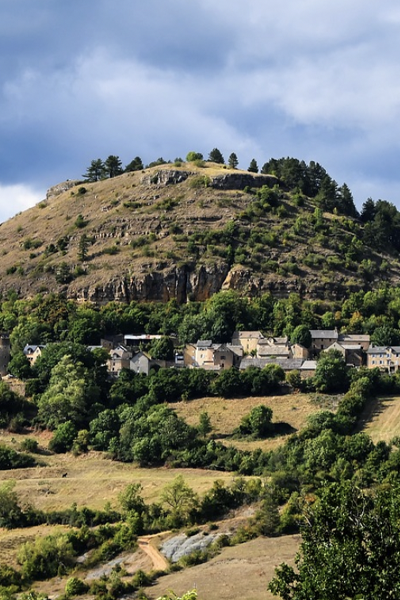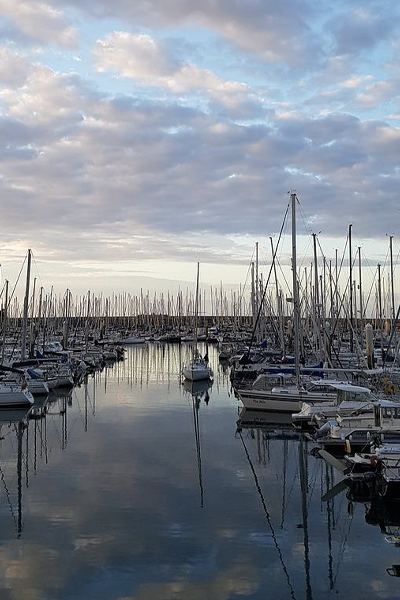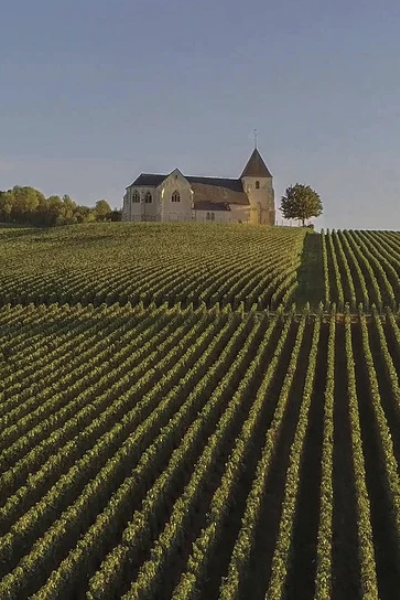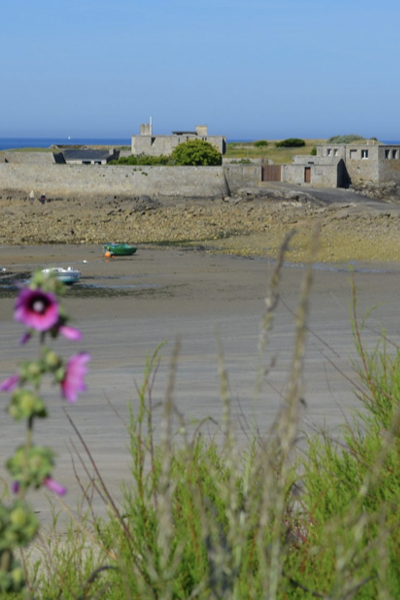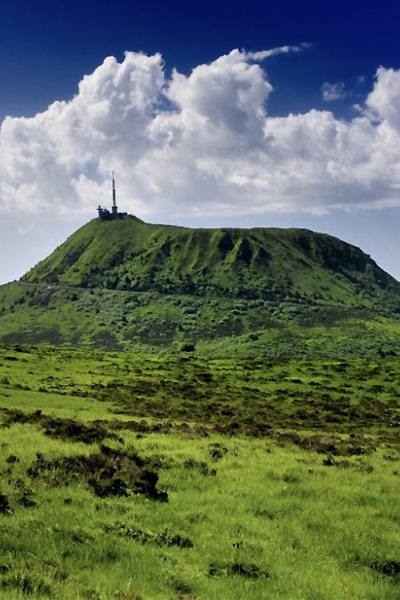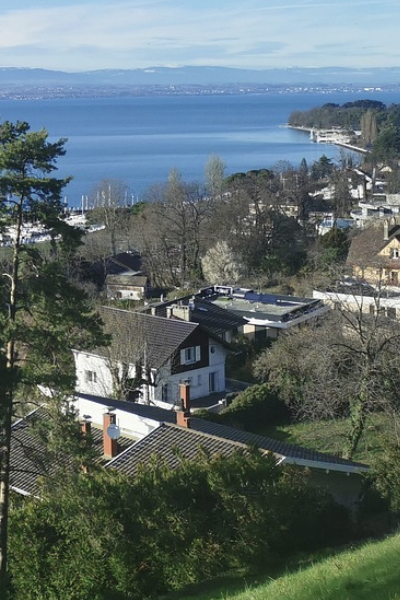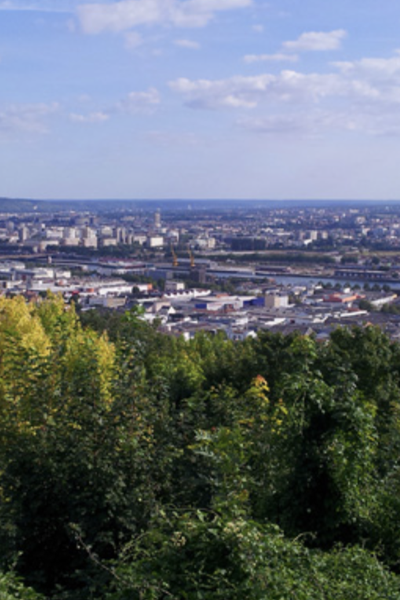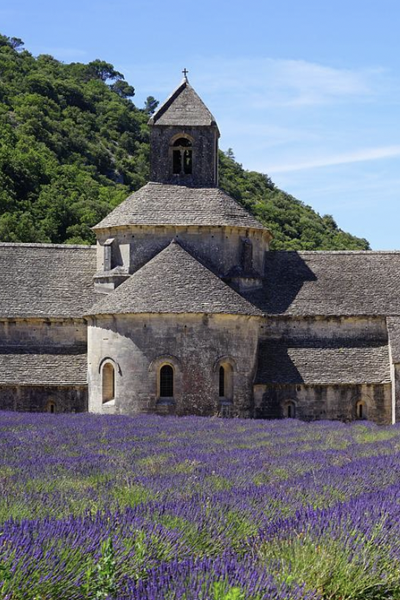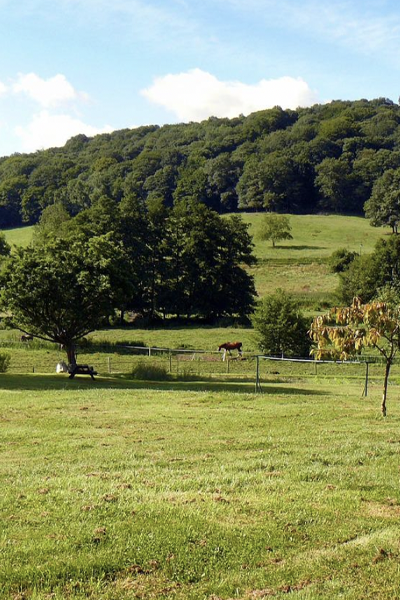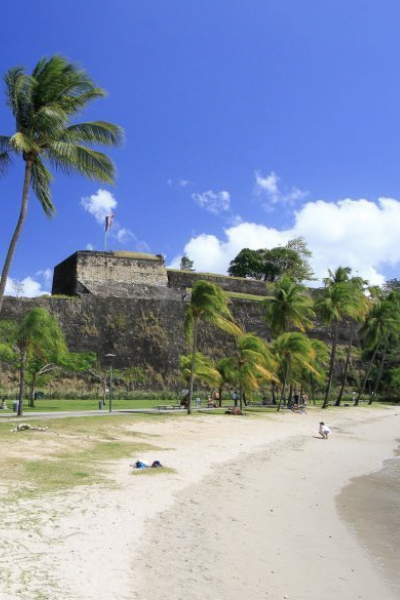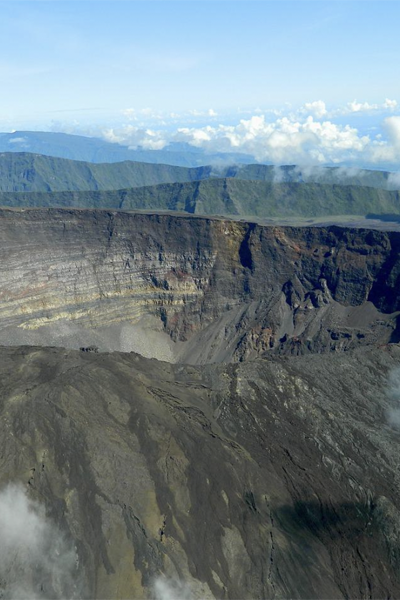Le reseau
The need for measurements...
In a constantly evolving environment, we can only observe the transient responses of hydrological systems and ecosystems and to fully understand the principles underlying their reactivity, we need to determine their basic characteristics, in particular the isotopic signature of rainwater. The use of isotopes in hydrology is based on the concept of natural tracing of the intrinsic physical phenomena of the water cycle. The isotopes contained within the water molecule (δ2H and δ18O) present the advantage of integrating hydrological processes on diverse temporal and spatial scales, providing a unique diagnostic tool for the study of regional water resources. They allow the tracing of continental watercourses, both superficial and underground. For studies concerning the dynamics of subterranean and surface flows, the isotopic tool is therefore relevant to the calibration of the basic principles of hydrological systems, which are both dependent on the environment and indispensable for understanding the processes affecting hydrogeological entities. Furthermore, determination of these basic principles is essential for the evaluation of global changes in the hydrological system, allowing establishment of a parallel between long-term changes in the isotopic compositions of continental water resources and a significant variation in precipitations, constituting the original signal.
“Not everything that counts can be counted and not everything that can be counted counts”
Albert Einstein
(Nobel Prize in Physics 1921)
What cannot be measured doesn’t exist
Niels Bohr
(Nobel Prize in Physics 1922 )
The RENOIR network (French network for tracing the isotopic composition of precipitations) is therefore a network dedicated to the long-term analysis of the isotopic composition of water molecules (δ18O and δ2H) in precipitations within France. RENOIR, designated by the French National Scientific Research Centre (Centre National de Recherche Scientifique [CNRS]) and the French National Institute of Sciences of the Universe (Institut National des Sciences de l’Univers [INSU]) as a National Observation Service (NOS) in 2019, constitutes the French component of the Global Network of Isotopes in Precipitation (GNIP) established by the International Atomic Energy Agency (IAEA) and the World Meteorological Organization (WMO).
RENOIR, labellisé en 2019 Service d’Observation National par le CNRS-INSU, constitue la composante française du réseau mondial GNIP AIEA/OMM.
Les objectifs du SNO RENOIR sont de (i) comprendre la réactivité des hydro- et éco- systèmes, et (ii) acquérir une fonction «Entrée» fiable et en continu de ces systèmes.
The objectives of the NOS RENOIR are to (i) understand the reactivity of hydrological systems and ecosystems, and (ii) to establish and monitor the basic principles of these systems. RENOIR is thus a national observatory of the isotopic composition of precipitations with the designated aim of:
- - federating,
- - normalising,
- - supporting,
- - and sharing the key data likely to be used by an extensive scientific community, including hydrologists, hydrogeologists, hydro-geochemists, environmentalists and other scientific experts.
You can consult the list of station directors at: https://sno-renoir.osups.universite-paris-saclay.fr/les-laboratoires/



